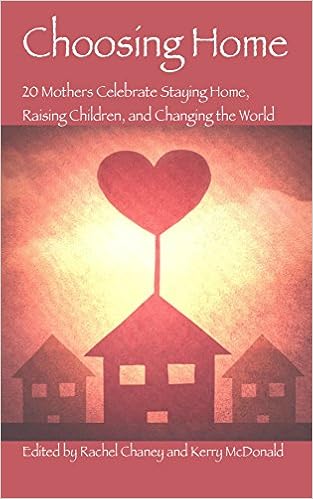 |
| Harvard Yard |
It's a reasonable question. As a society we have become conditioned to associate success in school with acceptance to college and success in college to success in life. My husband and I don't believe that assumption. While we are grateful for our college and graduate school experiences and found them helpful and inspiring, we do not believe that college should be seen as the ultimate entry point for "the good life." In the interview, I told the student that while we hope that our children decide to someday attend college, we want them to go to college only if they determine it will help them in whatever path or pursuit they choose. Maybe they will want to be engineers or economists, scientists or academicians and will realize that college is a necessary and worthwhile place to pursue those goals. But maybe they will want to be carpenters or musicians, programmers or entrepreneurs and will find that other paths (like apprenticeships) will be a better fit for those passions.
Whether they decide to go to college or not, unschoolers have a good likelihood of living a fulfilling life, which, in my opinion, is much more important than a "successful" life. I know a lot of "successful" people who are not at all fulfilled, and I know a lot of fulfilled people who are not what we generally think of as "successful," in terms of income and occupation. Many of these "successful" people are also riddled with debt from college student loans taken on to secure that successful, but not all that fulfilling, job that they are now stuck in to pay for those loans that got them that job. In her excellent article, "Without A Diploma, Does the Scarecrow Have A Brain?," author Shannon Hayes writes:
"Education, in itself, is free for the taking, if one is willing to do the work. It can be found in libraries, online, through apprenticeships, from mentors, and through community and family relationships. College is a great choice for some, but it is just one of many options for acquiring an education. Just because a person has not paid for a diploma does not mean they are un-educated. As long as our society continues to buy into the myth that the diploma bestows brains, then we are agreeing to externalize and commodify both learning and intelligence, two divinely awarded gifts bestowed on every human being at birth."
Whether they choose to go to college or not, the outlook is promising for grown unschoolers. Boston College's, Dr. Peter Gray, conducted a study of grown unschoolers to determine how they fared in adulthood. Gray concludes:
"Almost all of the respondents, in various ways, wrote about the freedom and independence that unschooling gave them and the time it gave them to discover and pursue their own interests. Seventy percent of them also said, in one way or another, that the experience enabled them to develop as highly self-motivated, self-directed individuals. Many also wrote about the learning opportunities that would not have been available if they had been in school, about their relatively seamless transition to adult life, and about the healthier (age-mixed) social life they experienced out of school contrasted with what they would have experienced in school."In this study, Gray found that the majority of grown unschoolers who went on to college had very little difficulty academically and that most felt that "they were at an academic advantage, primarily because of their high motivation and their high capacity for self-initiative, self-direction, and self-control." Other studies show that homeschoolers often perform better than average in college than their schooled peers, including higher GPAs and higher college graduation rates.
The grown unschoolers in Gray's study also went on to choose a variety of careers that were clearly linked to their childhood interests and activities. Perhaps most telling, Gray found that most of the unschoolers he surveyed reported that they would unschool their own children.
So unschooling and college can go very well together, should a child choose to pursue higher education. On a practical level, if unschoolers want to attend college there are many resources available to help them comply with college admissions requirements. Some of these resources can be found at the AlternativesToSchool.com site.
Here in the city, college-oriented unschoolers often take classes as teenagers at a community college or at the Harvard Extension School, which welcomes older homeschoolers and can provide classes and credits to students eager to pursue a college path. In fact, they could even choose to get their Associate's degree at the same time that most of their schooled peers are earning a high school diploma.
Opportunities abound for unschoolers who view college as an important stepping-stone to a fulfilling life. In charge of their own learning and doing throughout their childhood and adolescence, unschoolers can find college to be an important and valuable experience in pursuing their passions. But a college diploma also doesn't need to be viewed as the ultimate badge of successful learning.
Remember, the Scarecrow always had a brain.























Such a great post!! I've always wondered what about the dreaded diplomas and "honors" employers are looking for on resumes... I don't have any kids yet, but I am looking to take the path of homeschooling and I find your posts full of wisdom and encouragement :)
ReplyDelete